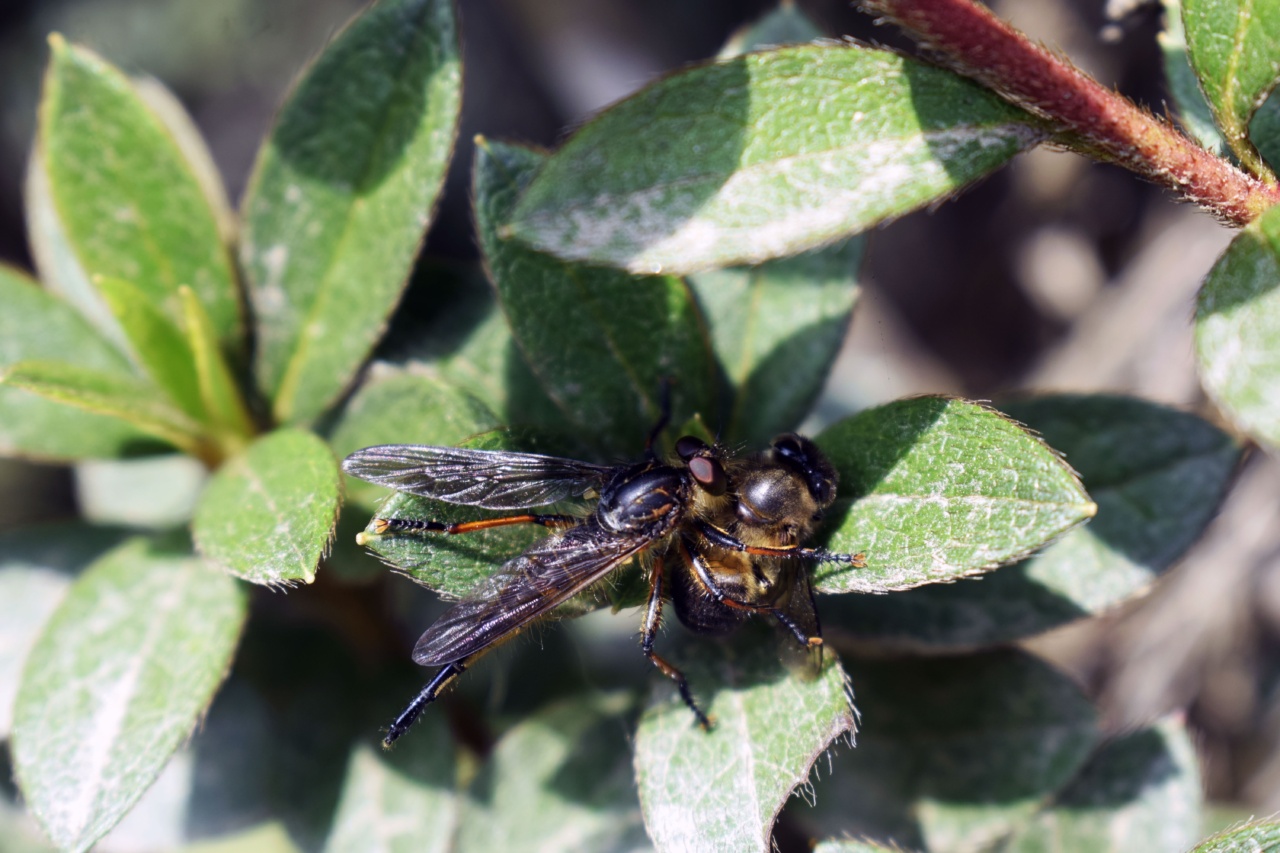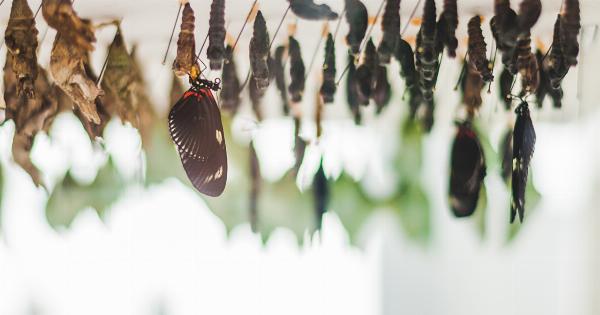Did you know that the average person unknowingly consumes around 500 grams of insects each year? Insects are often hidden in our food, and many of us may not even realize that we are eating them.
Why do we consume insects?
There are a few reasons why insects make their way into our food. In some cultures, insects are considered a delicacy and are intentionally added to dishes for their taste. However, in most cases, insects end up in our food unintentionally.
Insects can sneak into our food during the harvesting and processing stages, and some may even be present in the ingredients we use.
Which foods contain insects?
Insects can be found in a wide variety of foods, including fruits, vegetables, grains, and packaged goods. Here are a few examples:.
- Strawberries: Can contain thrips, a type of small insect.
- Broccoli: Can contain aphids.
- Corn: Can contain corn earworms.
- Bread: May contain flour beetles.
- Fig bars: May contain dead wasps, which have been pollinating the figs.
Are insects safe to eat?
The idea of eating insects may seem unappetizing to some people, but in many parts of the world, they are a valuable source of nutrients. Insects are high in protein and other essential nutrients such as iron and calcium.
They are also low in fat and have a low carbon footprint compared to other sources of protein.
From a safety standpoint, most insects are safe to eat. However, it’s important to ensure that the insects you consume are free from contaminants such as pesticides and heavy metals.
Should we be worried about consuming insects?
While it may be surprising to learn that we unknowingly consume insects, there is generally no cause for concern. Insects have been a part of our diet for thousands of years, and they are a natural part of the food chain.
However, if you have a specific allergy to a certain type of insect, you should avoid consuming any foods that may contain that insect.
Can we reduce our consumption of insects?
While it may be difficult to completely eliminate insect consumption, there are a few things you can do to reduce your intake:.
- Wash fruits and vegetables thoroughly before eating them.
- Avoid eating foods that are visibly contaminated with insects.
- Choose packaged goods that are less likely to contain insects, such as those that are sealed or stored in airtight containers.
Are insects the future of food?
With the increasing demand for sustainable food sources, many experts believe that insects could play a key role in the future of food.
Insects are an abundant and sustainable source of protein, and they require much less water and land to cultivate than traditional livestock.
While insects may not become a staple in Western diets anytime soon, they are increasingly being used in innovative ways. For example, cricket flour is now being used in baked goods and protein bars.
Conclusion
While the idea of consuming insects may be off-putting to some, we should remember that they are a natural part of our diet.
As long as we take steps to ensure that the insects we consume are safe and free from contaminants, there is generally no cause for concern. In fact, insects may even play an important role in the future of food.































